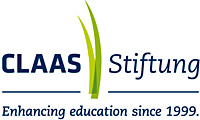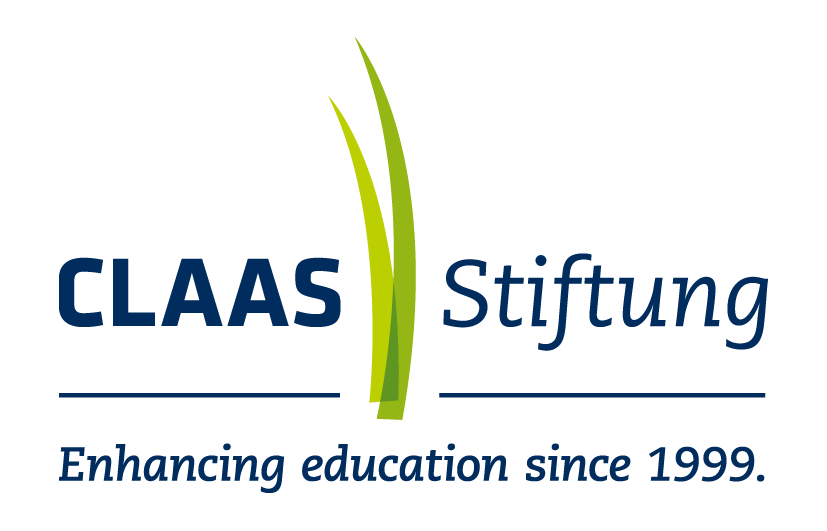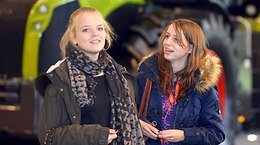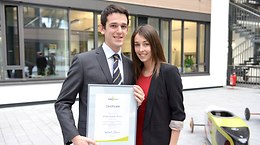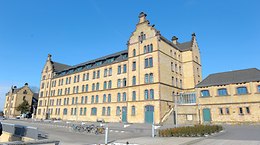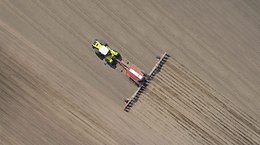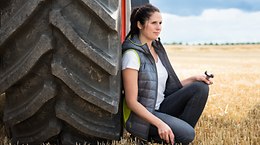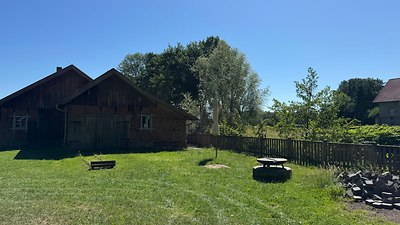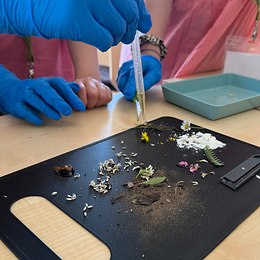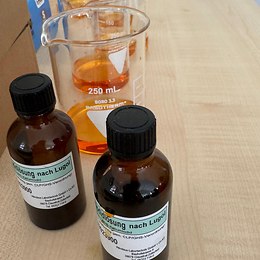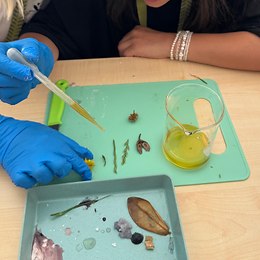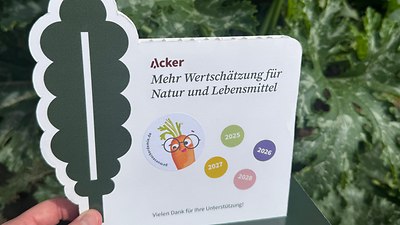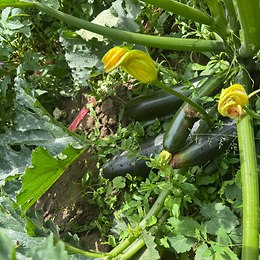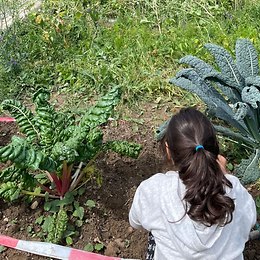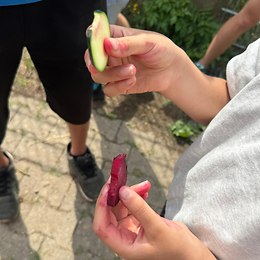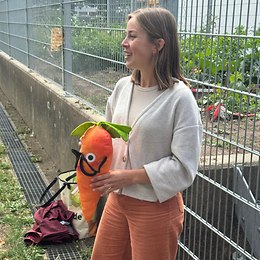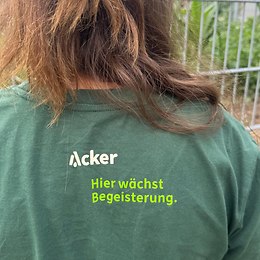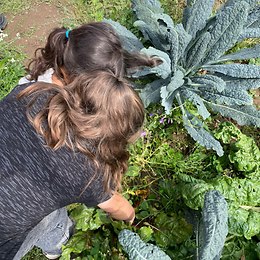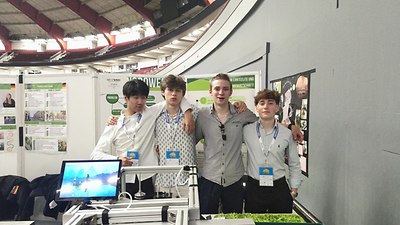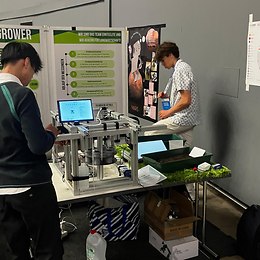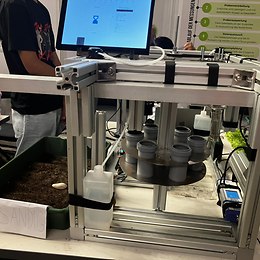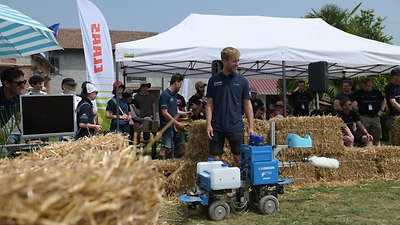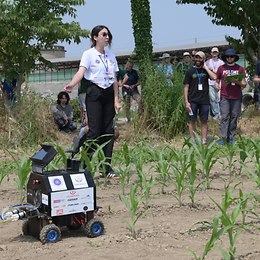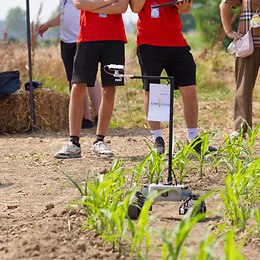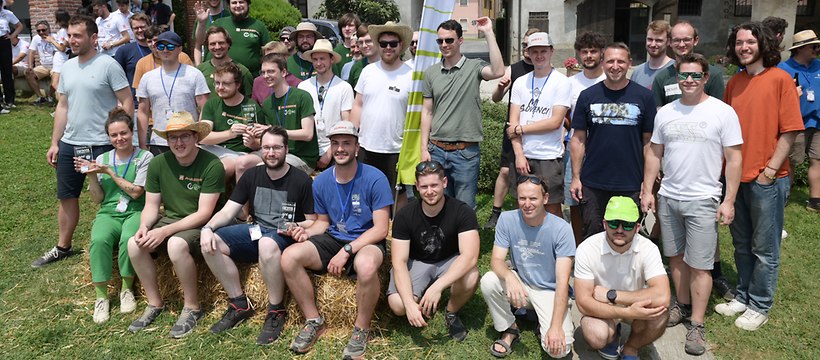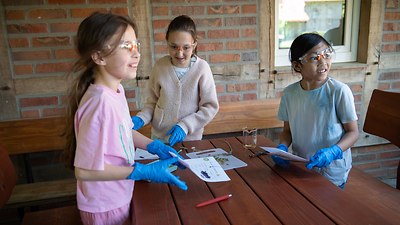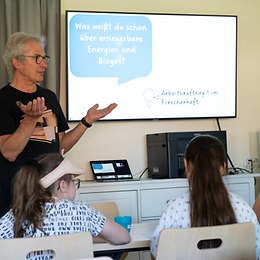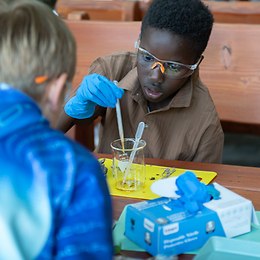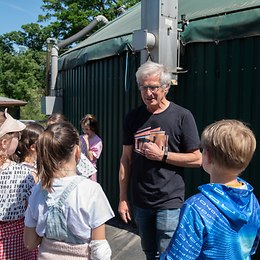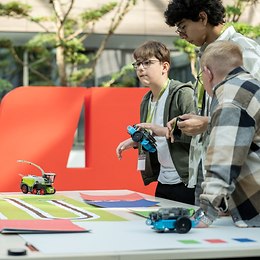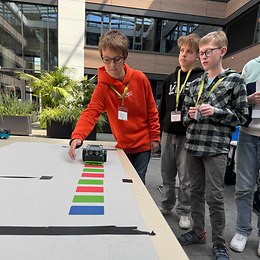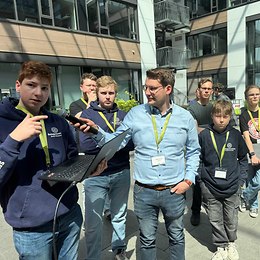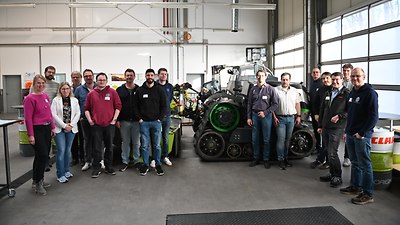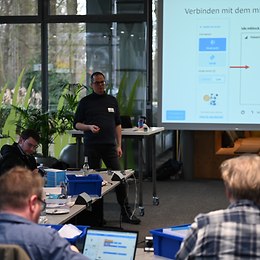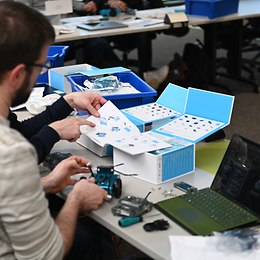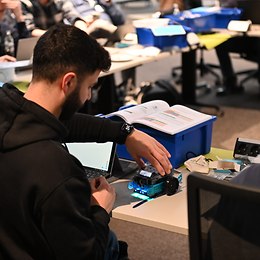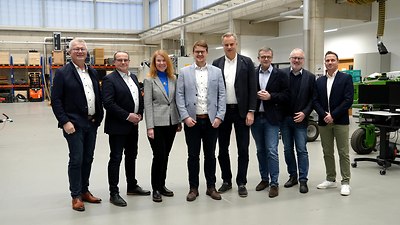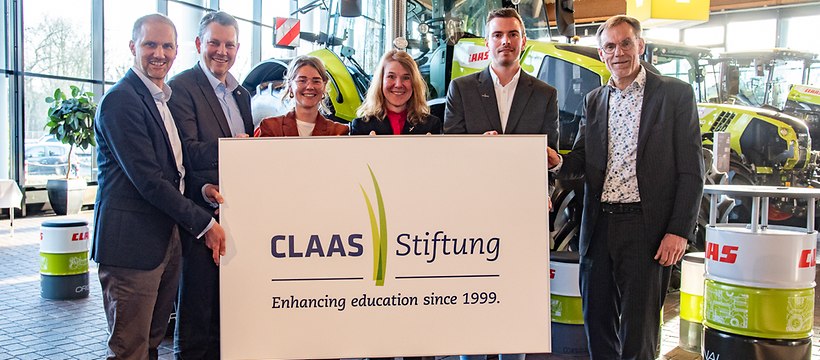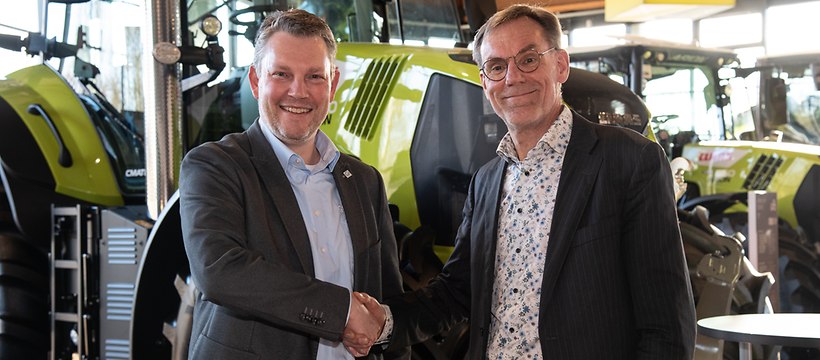The event featured teams from renowned institutions from 10 nations. The competition consisted of five challenging tasks designed to test the capabilities of autonomous robots in a variety of agricultural scenarios. The tasks included Autonomous Maize Field Navigation, Strawberry Bush Detection, Fruit Counting, Bioluminescent Fungi Discovery, and a creative Freestyle category.
“This year’s Field Robot Event has been particularly extraordinary as it marks our first edition in Italy, ever”, said Sylvia Looks, Executive Board of the CLAAS Foundation. “The organisation of the event, the vibrant atmosphere among participants, and the heightened motivation have all contributed to an unforgettable experience."
For the organization of the event, the Politecnico di Milano was also supported by colleagues of CLAAS Italia who functioned as emcee as well as jury member for the various tasks. The event not only provided opportunities for students to showcase their technical skills but also fostered networking and collaboration among future leaders in agricultural technology.
The whole organizational team extend their congratulations to all participants and winners, as well as heartfelt thanks to all teams for their innovative designs and hard work. This event has further underscored the critical role of robotics in advancing sustainable agricultural practices.
Overall Final Ranking:
Acorn – Hochschule and University Osnabrück, Germany
CULS Robotics – Czech University of Life Sciences, Czech Republic
FREDT – Technische Universität Braunschweig, Germany (ex aequo)
FarmBeast – University of Maribor, Slovenia (ex aequo)
Grasslammer – Politecnico di Milano, Italy
Robatic – Wageningen University, Netherlands
About the Field Robot Event
Each year, the Field Robot Event (FRE) brings together student teams and robotics enthusiasts from across Europe to tackle real-world challenges in autonomous agriculture.
The FRE is an international competition where university teams design and build autonomous field robots capable of performing agricultural tasks without human intervention. These robots must navigate a series of technical challenges that simulate real field conditions – ranging from precise row navigation and plant recognition to weed detection and obstacle avoidance. Each robot is judged not only on its technical performance but also on its ability to operate safely and reliably in dynamic outdoor environments.
The primary objective of the FRE is to promote innovation in agricultural robotics and provide students with practical experience in applying robotics, artificial intelligence, and engineering to sustainable farming. Through this competition, students are encouraged to explore solutions that address the growing need for automation and precision in agriculture.
Since its inception in 2003 by Wageningen University, the Field Robot Event has grown into a respected platform for young talent and a showcase for cutting-edge ideas in autonomous farming. For many participants, it is a launching point for future careers in agri-tech and robotics.
More information about the event, including how to attend or participate, can be found on the official website: Field Robot Event – 9-12 June 2025, Milano, Italy

